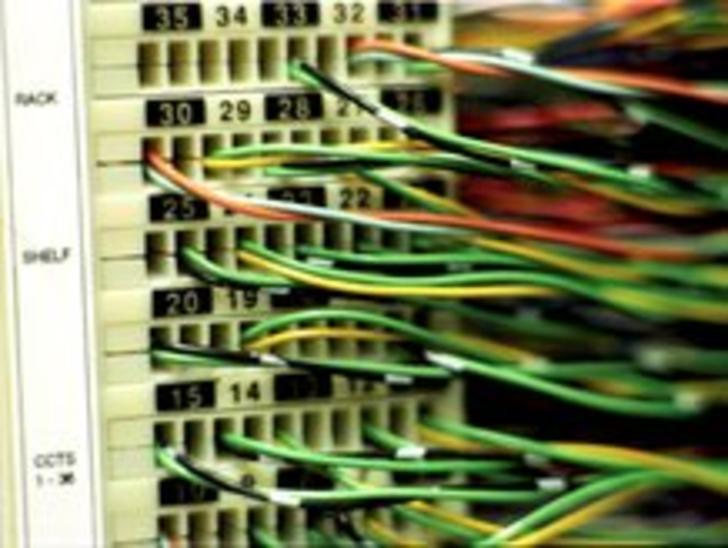Where's our 50Mbps broadband?
Ofcom says it's possible, so what's stopping us from getting it?

On Friday, Ofcom told us that everybody in the UK should be able to get 50Mbps broadband – so where is it, and who do we have to kill to get it?
The main reason we don't have such speeds right now is that there isn't enough fibre in our digital diet. While our phone exchanges are hooked up to the network backbone via fibre-optic cabling, the connections from the exchanges to the on-street cabinets – and the connections from those cabinets to our homes – are plain old copper.
According to Ofcom, that means just 18 per cent of us could get 50Mbps broadband – and only if we're within 2km of the exchange. However, if the connections between the exchanges and the on-street cabinets were replaced with fibre, "almost 100 per cent of households" could get 50Mbps. That's a lot of people.
Is Ofcom right? Can the cabinet connections be upgraded? Mike Witts is BT Group's media relations manager. "Fibre to the cabinet (FTTC) is certainly capable of delivering faster speeds than copper-based ADSL, just by the nature of optical transmission," he told us. BT's own tests suggest 40Mbps is more realistic, but it's experimenting with ways to get faster speeds from FTTC.
Who will get it?
That's great news. So can we have it? The answer is yes – sort of, in a while, depending on where you are. BT's recently announced network upgrade will indeed deliver FTTC, but it won't be UK-wide.
The £1.5 billion plan will bring fibre of some sort to 10 million households by 2012, with some new-build developments – such as the 2012 Olympic Village and the Ebbsfleet Valley development – getting 100Mbps fibre-optic connections right to their front door. The majority of the 10 million households will get FTTC delivering around 40Mbps, though, and the rest of the country will have 24Mbps ADSL2+.
Sign up for breaking news, reviews, opinion, top tech deals, and more.
So is it about money, with FTTC going where BT sees some juicy profits? Mike says it's more complicated than that. "It's rather too neat to say that the areas which won't get FTTC will be the ones where no economic case exists," he says.
Region development
"Essentially, we intend to engage RDAs [Regional Development Authorities] and other appropriate bodies, and the scale and nature of the roll-out of fibre will depend largely on the discussions we have with them. Our investment depends upon regulatory certainty from Ofcom, but if we get a green light we will work with the government, RDAs etc to determine which areas benefit first."
Of course, BT isn't the only firm with a big network: Virgin Media's got a huge cable network, too, and it's got more fibre than a warehouse full of Special K. In typical Virgin style, it claims that it'll be shoving 200Mbps down the pipes by the time BT's offering 40Mbps, although it'll settle for 50Mbps in the meantime. For now, it's keeping schtum about pricing, traffic management and other key factors, but Virgin says it's on track to give 9 million homes 50Mbps by the end of the year and 12 million by the end of 2009.
What will we do with it?
According to Think Broadband an always-on 50Mbps connection running at full tilt would download 16 terabytes of data in a month, enough to fill 1,700 double-layer DVDs. However, before torrent freaks start doing a happy dance or finding new and exciting ways to get sued silly it's worth pointing out that 50Mbps is downstream only, with uploads sitting around the 1.5Mbps mark.
What's much more interesting is that 50-meg connections can transfer data faster than an HDTV broadcast (around 20Mbps) and even Blu-ray disc, which averages 36 to 48Mbps. From high definition TV-on-demand to online gaming, the potential is enormous.

Contributor
Writer, broadcaster, musician and kitchen gadget obsessive Carrie Marshall has been writing about tech since 1998, contributing sage advice and odd opinions to all kinds of magazines and websites as well as writing more than twenty books. Her latest, a love letter to music titled Small Town Joy, is on sale now. She is the singer in spectacularly obscure Glaswegian rock band Unquiet Mind.